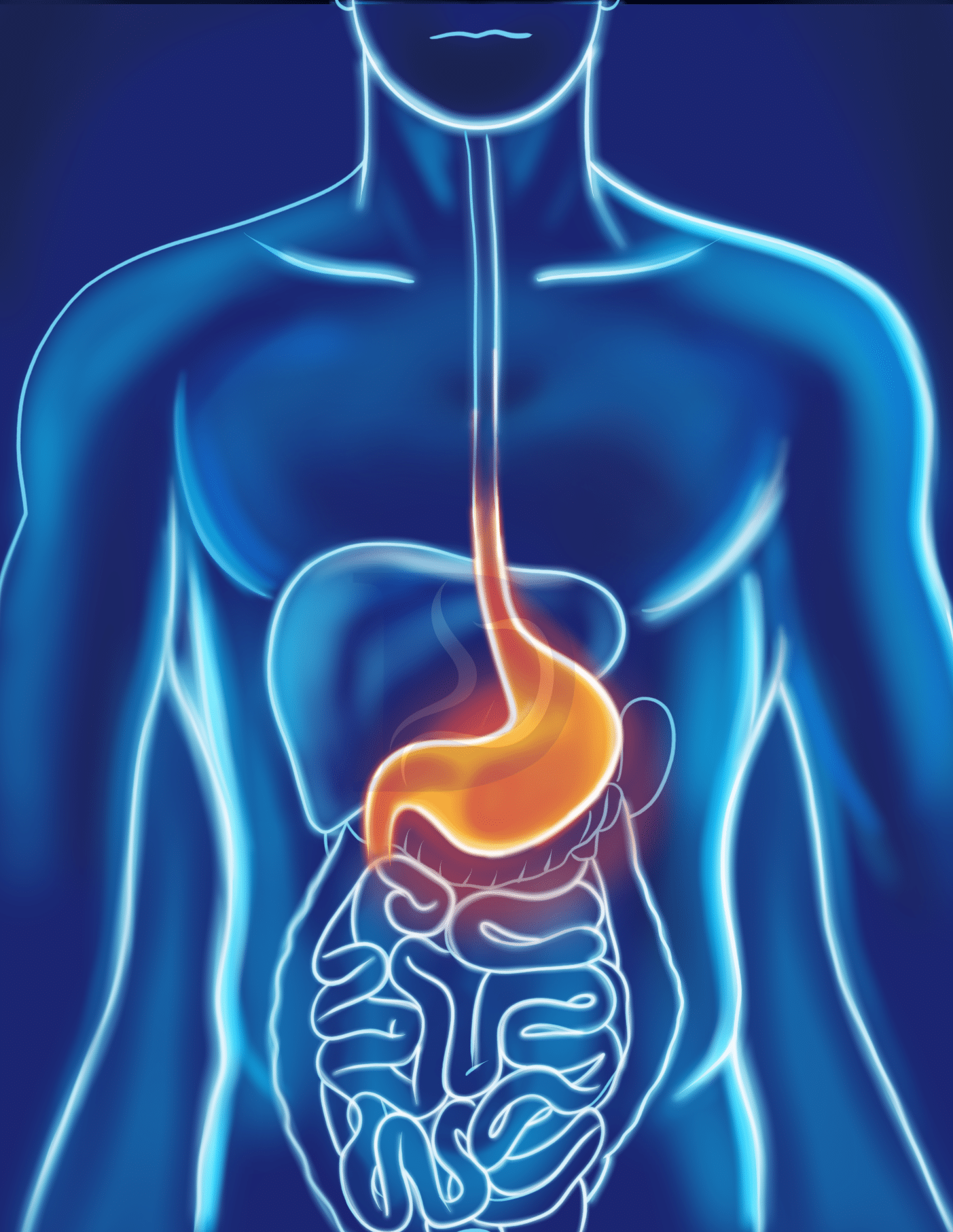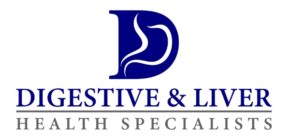Acid reflux occasionally affects everyone, but 10% of all adults suffer from heartburn at least once a week, which is a sure sign that it’s time to seek professional treatment. The exceptional team at Digestive & Liver Health Specialists has years of experience providing customized treatment to relieve your symptoms and prevent complications caused by ongoing acid reflux.

What causes acid reflux?
Acid reflux occurs when contents inside your stomach, including strong stomach acid, come out of the stomach and into your esophagus.
A round muscle located where the esophagus meets the stomach, called the lower esophageal sphincter (LES), normally opens to let substances into your stomach, then securely closes to keep them there. You develop acid reflux when your LES doesn’t work properly.
When acid reflux occurs two or more times a week or your symptoms get worse, your reflux has turned into gastroesophageal reflux disease (GERD).
As a chronic form of acid reflux, GERD increases your risk of problems such as esophageal ulcers, narrowing of the esophagus, and precancerous changes in the esophageal lining.
What symptoms develop due to acid reflux?
The most common symptom is heartburn, a burning, painful sensation that’s felt in your chest when stomach acid enters the esophagus. You may also experience symptoms such as:
- Difficulty swallowing
- Chronic dry cough
- Sensation of a lump in your throat
- Hoarseness
- Chest pain
- Sore throat
If you have acid reflux, your symptoms are likely to be worse after eating a large meal, when you lie down within several hours of eating, or when you consume certain foods.
How is acid reflux treated?
When treating acid reflux, the team at Digestive & Liver Health Specialists develops a treatment plan that includes medications and lifestyle changes.
Medications
The first line of treatment for acid reflux includes over-the-counter or prescription-strength medications such as antacids, H2 blockers, and proton pump inhibitors.
Lifestyle changes
Your provider at Digestive & Liver Health Specialists talks with you about an anti-reflux regimen and lifestyle changes you can make to prevent acid reflux. You’ll learn about foods and drinks to avoid because they trigger reflux and other lifestyle tips to relieve your symptoms.
When might I need surgery to treat acid reflux?
When medication and lifestyle changes don’t improve your acid reflux, your provider may recommend one of several effective surgeries:
LINX® Reflux Management System
Using a minimally invasive procedure, your gastroenterologist places a bracelet made of magnetic beads around the LES. The magnetic band strengthens the muscle while allowing food to pass through.
Gastric fundoplication
Gastric fundoplication (also called Nissen fundoplication) is a laparoscopic procedure in which your doctor strengthens the LES by wrapping the top portion of your stomach around the muscle.
Transoral Incisionless Fundoplication (TIF®)
This procedure is the same as a gastric fundoplication, but it’s performed using a specialized endoscope rather than a laparoscope.
You don’t need to keep suffering from heartburn. Call the office or use online booking to schedule an appointment at Digestive & Liver Health Specialists.

